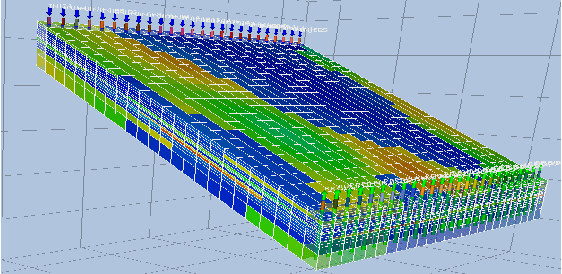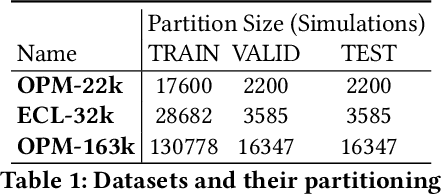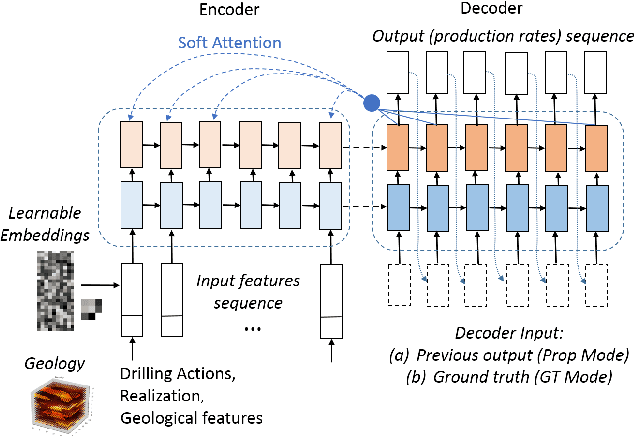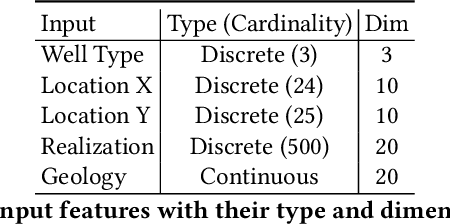Accelerating Physics-Based Simulations Using Neural Network Proxies: An Application in Oil Reservoir Modeling
Paper and Code
May 23, 2019



We develop a proxy model based on deep learning methods to accelerate the simulations of oil reservoirs--by three orders of magnitude--compared to industry-strength physics-based PDE solvers. This paper describes a new architectural approach to this task, accompanied by a thorough experimental evaluation on a publicly available reservoir model. We demonstrate that in a practical setting a speedup of more than 2000X can be achieved with an average sequence error of about 10\% relative to the oil-field simulator. The proxy model is contrasted with a high-quality physics-based acceleration baseline and is shown to outperform it by several orders of magnitude. We believe the outcomes presented here are extremely promising and offer a valuable benchmark for continuing research in oil field development optimization. Due to its domain-agnostic architecture, the presented approach can be extended to many applications beyond the field of oil and gas exploration.
 Add to Chrome
Add to Chrome Add to Firefox
Add to Firefox Add to Edge
Add to Edge